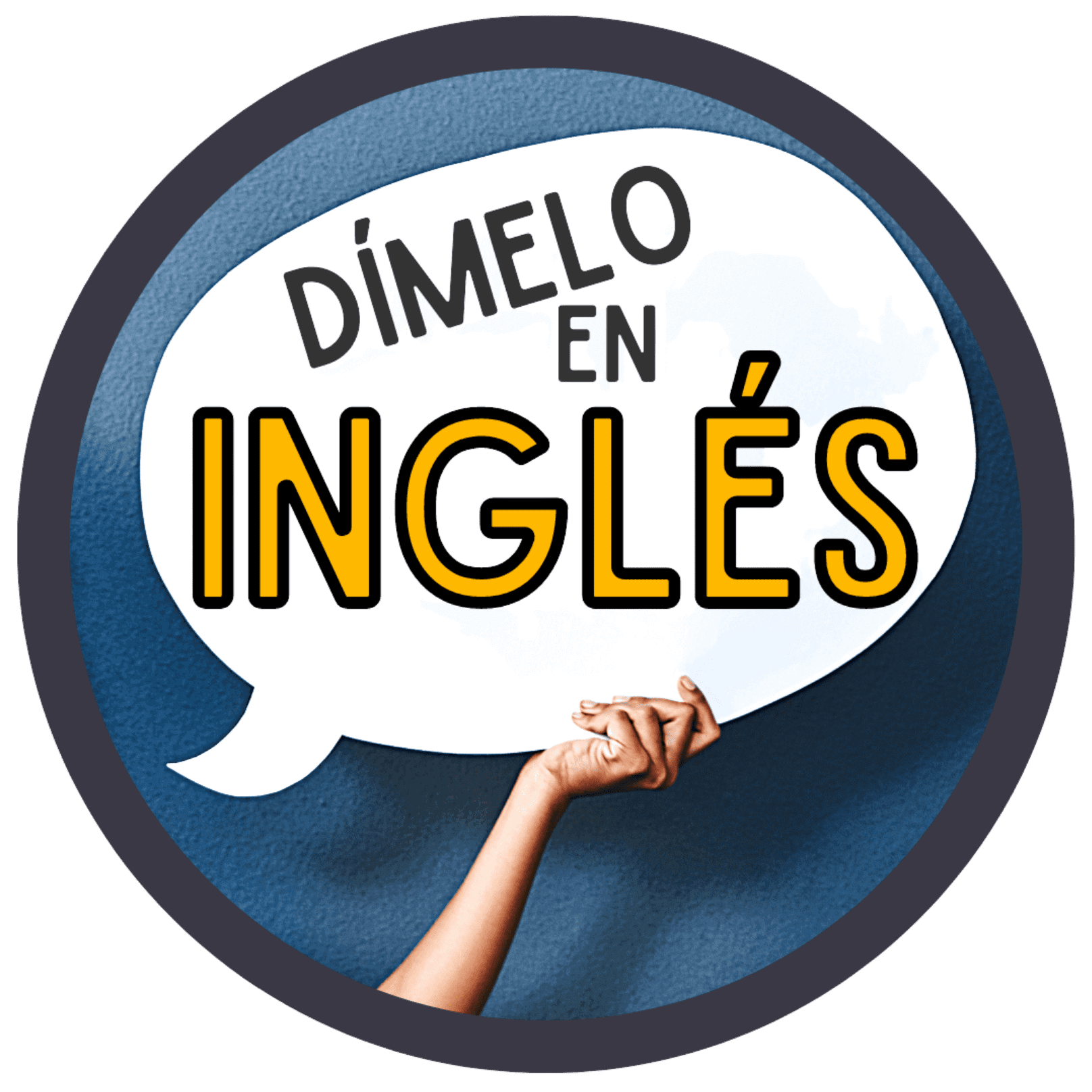- Ejercicio
- Explicación
- Video
📝 Instructions for the Activity
In this activity, you will see 10 sentences, each with a blank space.
Your task is to choose the correct answer from three options.
👉 Only one option is correct, so read carefully and choose the best one!
When you select an answer, the system will automatically check it and tell you if your choice is right or wrong.
At the end of the activity, you will get a summary of all your answers,
plus explanations for the correct ones, so you can learn and improve.
💪 Take your time, do your best, and most importantly—have fun learning!
Good luck!
📘 Understanding Second and Third Conditionals
In English, conditional sentences help us talk about hypothetical situations—things that are imagined, unlikely, or impossible. The second and third conditionals are especially useful for expressing dreams, regrets, advice, and past possibilities that didn’t happen.
✨ Second Conditional – Hypothetical Present or Future
We use the second conditional to talk about unreal or unlikely situations in the present or future. These are things that aren’t true now or are unlikely to happen, but we imagine them anyway.
🔹 Structure:
If + past simple, would + base verb
🔹 Examples:
- If I won the lottery, I would travel the world.
→ (I haven’t won the lottery, but it’s a nice dream.) - If she studied more, she would pass the exam.
→ (She doesn’t study much, but that would help.) - If I were you, I would take the job.
→ (Common phrase for giving advice. “Were” is used even with “I”.)
✅ Use it to:
- Give advice
- Imagine unlikely future situations
- Express wishes or dreams
💭 Third Conditional – Regret or Past Hypotheticals
The third conditional is used to talk about unreal past situations—things that didn’t happen, and we are imagining a different past and result.
🔹 Structure:
If + past perfect, would have + past participle
🔹 Examples:
- If I had studied, I would have passed the exam.
→ (But I didn’t study, and I failed.) - If they had invited me, I would have come.
→ (They didn’t invite me, so I didn’t go.) - If she had left earlier, she would have caught the bus.
→ (She left late, so she missed it.)
✅ Use it to:
- Express regret or criticism
- Talk about missed opportunities
- Imagine how the past could have been different
🆚 Summary: Second vs Third Conditional
| Feature | Second Conditional | Third Conditional |
|---|---|---|
| Time | Present / Future | Past |
| Situation | Unreal / unlikely | Impossible (didn’t happen) |
| Structure | If + past simple, would + verb | If + past perfect, would have + past participle |
| Example | If I were rich, I would travel more. | If I had saved money, I would have traveled. |
📝 Common Mistakes to Avoid
- ❌ If I would know the answer, I would tell you.
✅ If I knew the answer, I would tell you.
(Don’t use “would” in the if clause!) - ❌ If I had more time, I would have visited.
✅ If I had had more time, I would have visited.
(Use the past perfect in third conditionals.)
💡 Tip:
If students struggle, try using this prompt:
“Think of something you regret or dream about… then make a sentence using ‘if’.”
Example:
- If I had taken the chance, I would have traveled.
- If I were famous, I would live in Los Angeles.
[yasr_visitor_votes size=”small”]






